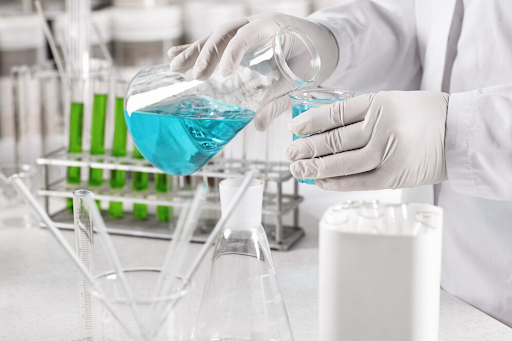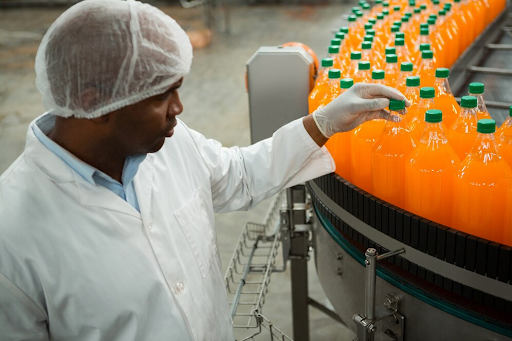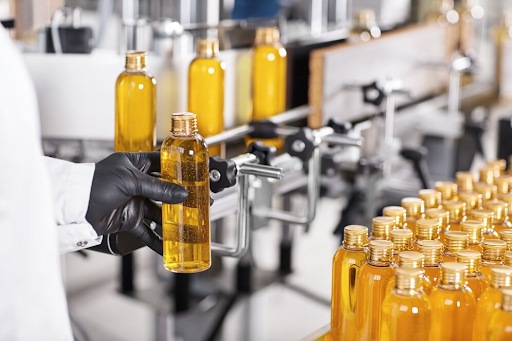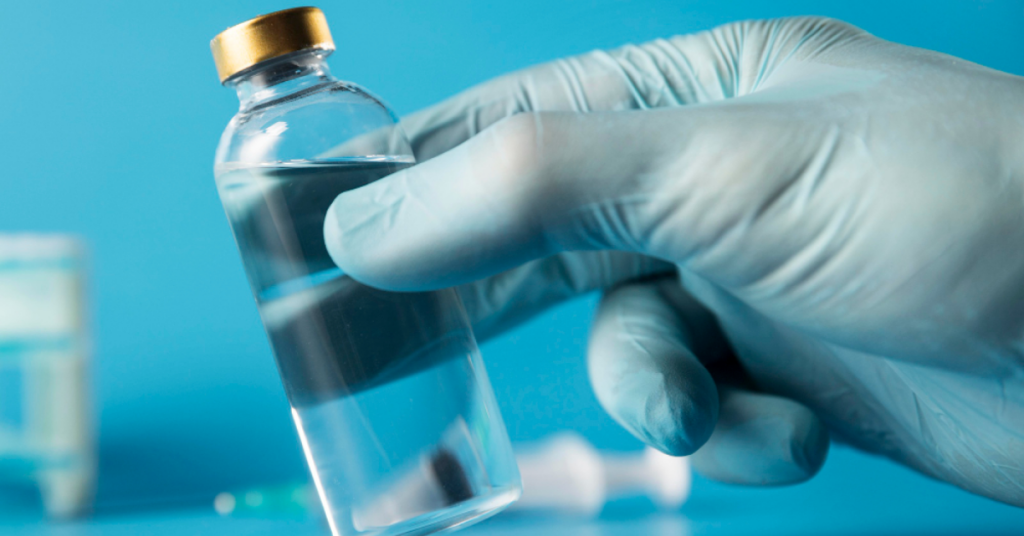Water, a lifeline for countless industrial processes, holds a unique characteristic. Not all water is created equal. Therefore, choosing the right type is pivotal, as the repercussions of using the wrong kind can range from equipment damage to product defects and safety hazards.
This article discusses demineralised water, its applications and quality standards in industrial operations. Keep reading this blog to understand the different roles demineralised water plays in various industries.
5 Interesting Applications of Demineralised Water
1. Pharmaceutical Industry:
Demineralised water is an essential raw material in pharmaceutical formulations, laboratory processes, and cleaning procedures. Therefore, the demi water must comply with pharmacopoeial standards like USP (United States Pharmacopeia) or EP (European Pharmacopoeia).
Demi water is needed in the pharmaceutical industry for manufacturing products and processes like rinsing and cleaning. This water must, therefore, have no microbial content and endotoxins. Its electrical conductivity can be less than 2 mS/m, and the total dissolved solids can be below 10mg/L. However, it is vital to check the USP and EP standards to use it for a particular purpose.

2. Food Industry:
Besides the expected application of demi water in food and beverage production, it is also used to sanitise containers and equipment. The water used in the food and beverage industry must comply with the U.S. Food and Drug Administration and World Health Organisation guidelines.
Generally, the water must be free from microbial contamination, chemical contamination, pesticides and heavy metals. In addition to this, physical characteristics like colour, odour, taste, and turbidity are also considered. Additionally, compliance with industry standards like ISO 22000 for food safety management systems may be applicable in some cases.

3. Research Labs:
Water is a critical component in research, including cell culture, DNA sequencing, and molecular biology experiments. Since these sensitive biological and molecular experiments require high-purity water, the water quality parameters like conductivity, TOC, and microbial content are rigorously controlled.
According to EN ISO 11133, for preparing culture media, only purified water, i.e. distilled, demineralised or produced by reverse osmosis, or of equivalent quality free from substances that may inhibit or influence the microbial growth under the test conditions shall be used. The microbial content can range between 102 cfu /mL to 103 cfu/mL, and the conductivity should be below 25 μS/cm at 25 °C. Conductivity must be checked before using the water.
4. Cosmetics and Personal Care:
Every product in the Cosmetic industry starts with demineralised or distilled water. Products like lotions, soaps and conditioners are 98% water. If the water is not pure, there is a possibility of an adverse or unexpected reaction to adding other components to the product. The water must be free from toxins, pollutants and microbes to ensure the safety of the consumer.
Demineralised water is typically used for rinsing and cleaning, and distilled water is used for formulations. The water purity is maintained to ensure the product’s stability and performance over time.

5. Fermentation processes in brewing and distilling:
The water quality used in the fermentation processes influences the flavour and the characteristics of the final alcoholic beverages. It must be ensured that water provides an optimal environment for yeast fermentation. The parameters such as conductivity and pH are strictly controlled along with others.
Using Demineralised water encourages the consistency of the product across different batches. Since demineralised water lacks minerals and ions, it is possible to tailor the water profile to specific needs, thereby allowing you to create a unique flavour for your beer.
How Can TSA help you?
We understand your needs at TSA and create robust solutions for water challenges. With a family of over 50 clients, reaching across borders, and a community of more than 350 customers, we find joy in offering our expertise to support you. Our dedication to unwavering quality and top-notch services makes us not just a partner but someone you can rely on, like a friend in your corner.
Our team, including experienced process designers, engineers, process automation experts, and project managers, isn’t just on your side – we’re by your side. We understand your goals and can help identify demineralisation technologies that not only cut costs and reduce waste but also elevate the quality of your products.
Your satisfaction means the world to us, and we’re here for you. Reach out for more information or to start a conversation.
To learn more about TSA’s innovative solutions for pure water production, visit our page on purified water generation systems.
FAQs
1. What are the applications of demineralised water?
Demineralised water is commonly used for cleaning, rinsing applications, and sometimes formulation across various industries, including the pharmaceutical, food, research labs, brewing, food, and cosmetic industries.
2. What is the quality of demineralised water?
The demineralised water is characterised by TDS always being less than 10 mg/l; conductivity is typically less than 2 mS/m and can even be lower. Once demineralised, water may still contain organic contaminants like viruses or bacteria.
3. What is the pH and TDS of DM water?
DM Water has 0 TDS, and pH can range from 6.5 to 7.5.
4. What is DM water in full form?
Demineralised water (DM water), also known as deionised water or Demi water, has its mineral ions removed. Since most of the impurities in water are dissolved salts, deionisation produces high-purity water.
5. What is a demineralised water treatment?
Demineralisation removes mineral salts from water. Generally, the ion exchange method and reverse osmosis are applied to demineralise water.






